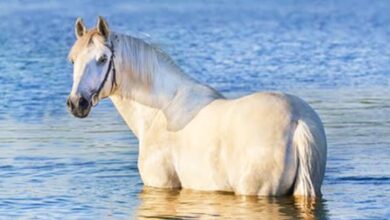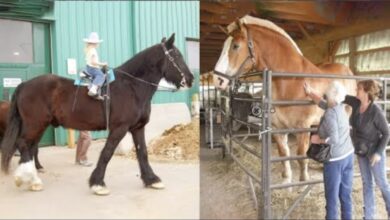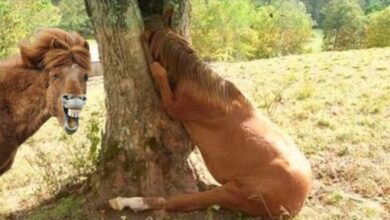Horses, magnificent creatures revered for their grace and power, have shared a profound connection with humanity throughout history. Domesticated thousands of years ago, horses have been integral to the development of civilizations worldwide. From providing transportation and labor in agriculture to serving as companions in leisure activities, horses have been indispensable partners in human endeavors, shaping cultures and societies in profound ways.
One fascinating aspect of horses is their remarkable anatomy and physiology. Equipped with powerful muscles, sturdy bones, and keen senses, horses are finely tuned for survival and performance. Their large, expressive eyes and acute hearing contribute to their ability to detect potential threats, while their strong legs and hooves enable swift movement across various terrains. Furthermore, horses possess a sophisticated digestive system designed to efficiently process fibrous plant material, allowing them to thrive on diets rich in forage.
In addition to their physical attributes, horses exhibit complex social behaviors within their herds. Led by a dominant leader, typically a mare, horse herds establish hierarchies through subtle cues and interactions. These social structures facilitate cooperation, communication, and mutual protection, highlighting the intelligence and emotional depth of these majestic animals.
Moreover, horses continue to inspire and captivate people of all ages through their athleticism, beauty, and companionship. Whether galloping across open fields, competing in equestrian sports, or forming bonds with humans in therapeutic settings, horses enrich our lives in countless ways. As symbols of freedom, strength, and loyalty, horses hold a timeless allure that transcends cultural boundaries and resonates with the human spirit.





